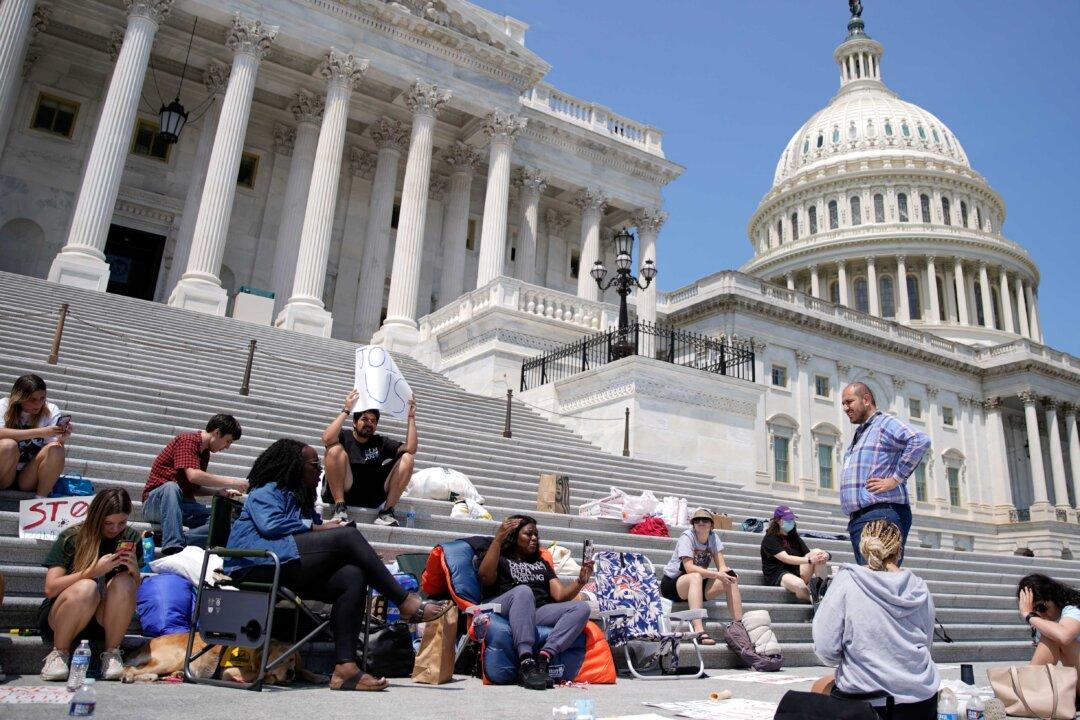Commentary
State and federal tenant eviction moratoria go beyond being “unconstitutional.” They’re a direct assault on the constitutional order itself. They represent insurrection from above.

State and federal tenant eviction moratoria go beyond being “unconstitutional.” They’re a direct assault on the constitutional order itself. They represent insurrection from above.